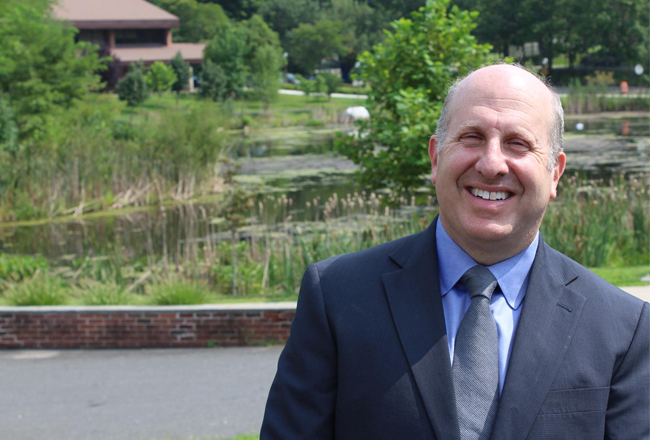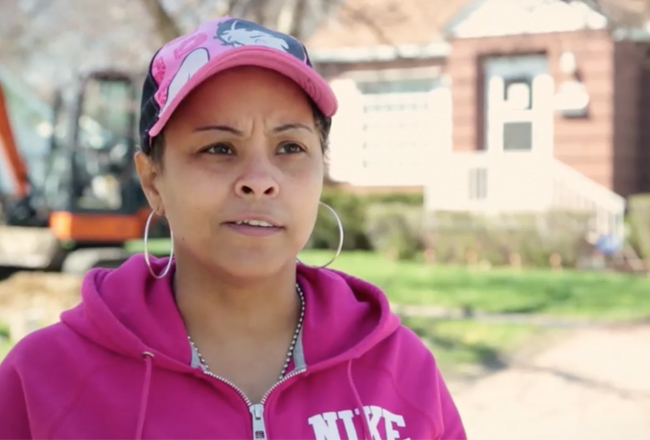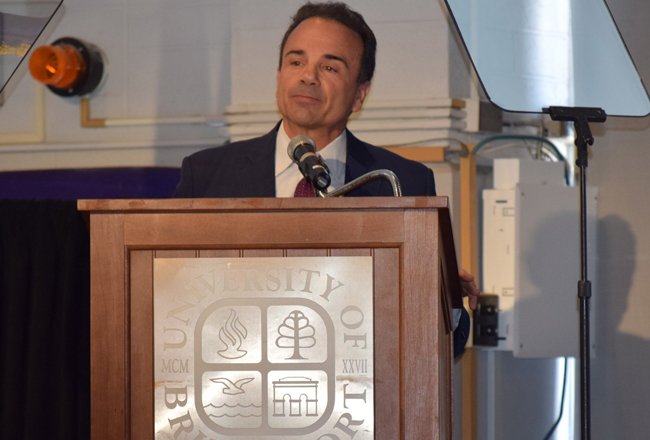We recently learned that wealthy and influential Americans allegedly paid millions of dollars to bribe or otherwise cheat their kids into highly selective colleges. The real shock was that these parents found it necessary to break the law.

Well-off students are already at a great advantage in applying to college. They have access to test-prep classes, summer enrichment courses and the kind of extracurricular and community-service opportunities that require time and money and look great on applications. More ambitious well-off parents might hire a professional editor to work on or even ghostwrite their children”™s application essays or engage pricey consultants to build an entire application strategy.
The schemes and scams outlined in the indictments are well beyond the norm of most parents seeking advantages for their kids. But I hope these revelations will prompt an honest reckoning with the circus that the college admission process has become, how excluded many are by this process and the myopia of some parents”™ obsession with getting their children into one of only a few highly selective schools.
We must recognize the privilege baked into today”™s application process and make efforts to democratize it. The deck is stacked against poorer students and students whose parents didn”™t go to college because they don”™t have the resources to even know how to navigate the system. Parents who are college graduates know how to organize campus visits, how to find financial aid, how to spend the high school years building a strong application. This all puts first-generation students and less well-off students at a severe disadvantage.
Colleges and universities must re-evaluate their outreach efforts and admission criteria, making sure they are creating a level playing field that is open to the broadly diverse student body ”” from a range of backgrounds, social classes and experiences ”” they say they hope to achieve. It”™s the right thing to do, but it”™s also crucial to educating an American workforce that will remain competitive in an increasingly knowledge-based economy. They must support the invaluable work of college-access groups like Latino U College Access in White Plains that provided those kinds of necessary networks and support for first-generation and low-income students.
Parents must de-escalate the admissions arms race. All parents want the best opportunities for their children. But we must acknowledge that parents”™ behavior sets an example for their children and that college admission is not a decision of life or death. I”™ve worked in higher education for more than two decades and I”™ve seen my share of parents trying to work the angles to get their kids into a top-choice school. That isn”™t healthy for anyone. Smart and hardworking students will succeed at whatever college they attend and there”™s no need to be fixated on a specific dream school.
Parents must recognize there are thousands of colleges and universities across this country and that many of them would be a great fit for their kids ”” perhaps, in fact, an even better fit than a school with a gold-plated name brand. What should matter is how well a school”™s academic strengths and educational style match a student”™s interests and talents, not its prestige.
It”™s great to have a dream school and it”™s important to apply there. But it”™s also OK not to end up at your dream school. Part of life is trying new things and another part of life is learning to deal with rejection. The best students are honest, ambitious, resilient and resourceful. Applying for college, done right, can be a lesson in all of that.
At Pace University, we recognize there are many factors that go into the admissions process and we make an effort to seek out ambitious, hardworking students from a wide range of backgrounds. We ranked as the No. 1 private, four-year college in the nation for upward economic mobility by Harvard University”™s Opportunity Insights.
Marvin Krislov is the eighth president of Pace University. He can be reached at mkrislov@pace.edu.




















